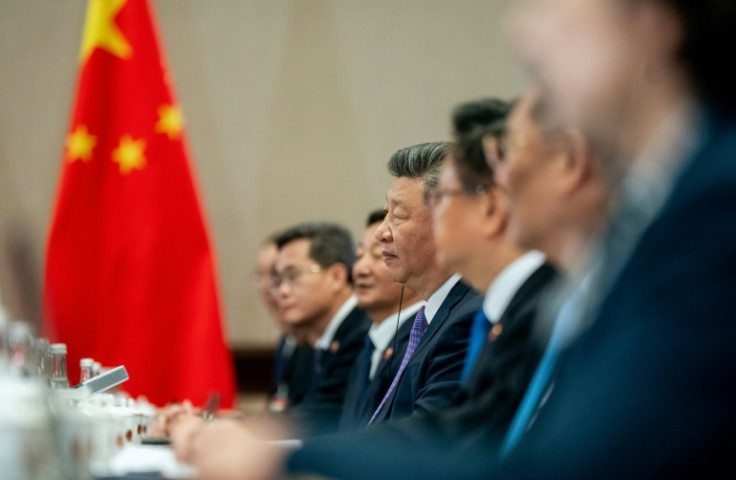
The Customs Tariff Commission of the State Council in China said that it will be extending the tariff exemptions on some imports from the U.S. until Feb. 28, 2025.
The move impacts products, including rare earth metal ore, medical disinfectants, and nickel-cadmium batteries.
Reuters reported that the commission enumerated the products that could still be exempted from tariffs.
The Asian country has criticized President-elect Donald Trump's pronouncements on imposing additional tariffs on Chinese goods arguing that the U.S. is pinning the opioid problem on China.
President-elect Donald Trump proposed implementing universal tariffs of up to 20% on all imports, with specific measures like a 60% tariff on goods from China
Trump plans to impose an additional 10% tariff on all Chinese imports to address issues such as fentanyl trafficking and illegal immigration, which he attributes partly to China. Trump bets on tariffs as a way to pressure China to comply with U.S. demand
"China's position against unilateral tariff increases is consistent," spokesperson for the commerce ministry, He Yadong, stated, as reported in Business Insider.
"Imposing arbitrary tariffs on trading partners will not solve America's own problems," he further pointed out.
Yadong also underscored that the U.S. must abide by the rules of the World Trade Organization, suggesting that the country must work with China in promoting trade relations.
Analysts have expected that it will be a bruising four-year trade war after Trump made public his intentions on imposing more traffic. They also say, according to Reuters, that this would be worse than his first term where tariffs were only at 7.5% to 25%. The number is a far cry from Trump's threat of more tariffs in excess of 60% on Chinese goods.
In October, Howard Lutnick, Trump's pick for the Commerce Department, stated that "China is attacking America" using fentanyl. He also suggested that Trump may levy tariffs up to 200% on China.
Amid all these, editorials in Chinese state media signified that the new impositions could bring the two giant economies into a tariff war, which could be destructive to both.
Aside from pointing the guns on China, Trump has also been adamant about getting more tariffs on goods coming from Mexico and Canada, which could eventually hit American car buyers.
Trump and his allies have repeatedly claimed that the countries which produce imported goods pay American tariffs but experts overwhelmingly reject that assertion, saying those costs are borne by U.S. companies and passed on to their customers.







